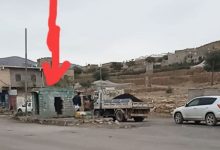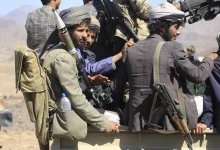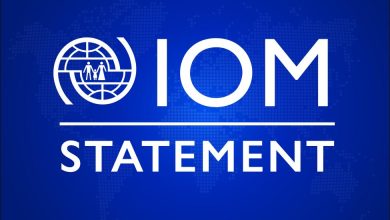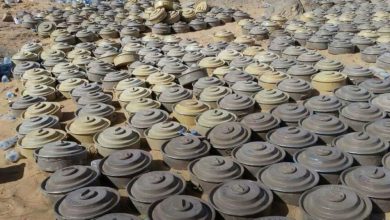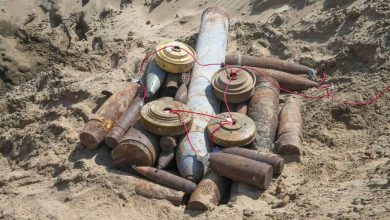Houthi Militias Claim to Have Targeted Israeli Occupation with a Ballistic Missile: Growing Doubts About the Validity of the Claim
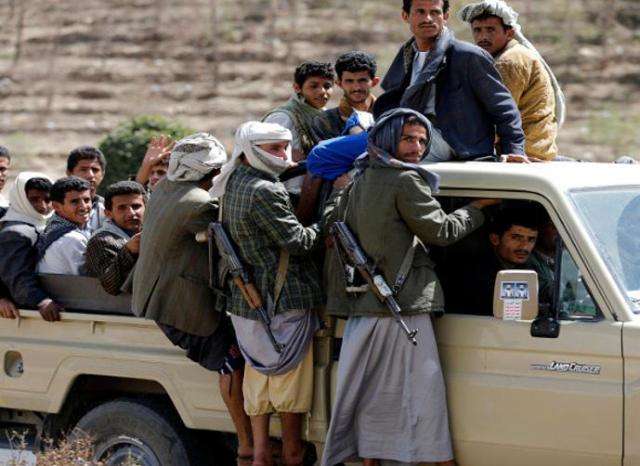
On the morning of Sunday, September 15, 2024, the Houthi militias in Yemen announced through their military spokesperson that they had launched a ballistic missile toward a “military site” in Israeli-occupied territory, allegedly near Tel Aviv. According to the militia, the missile triggered air raid sirens in various areas, including Ben Gurion International Airport. However, skepticism surrounding the credibility of this claim has emerged, as many experts question whether the Houthis possess the technological and geographical capacity for such an attack.
Response from the Israeli Occupation
Following the Houthi announcement, Israeli Prime Minister Benjamin Netanyahu was quick to respond, confirming that no casualties or damage had occurred. “Any attempt to harm Israel will be met with decisive retaliation,” Netanyahu stated, adding that Houthi militias and other regional groups should understand that any threat against Israel would come with severe consequences. Netanyahu’s remarks were echoed in various reports, including The Times of Israel and VOA News, both of which indicated that the missile landed in an unpopulated area.
Although air raid sirens were activated in areas around Tel Aviv, including Ben Gurion Airport, Israeli officials later reported that operations returned to normal soon after the alert.
Growing Skepticism
The claim made by the Houthi militias has generated a mix of responses, especially in military and political circles. Yemen’s internationally recognized government, which was ousted by the Houthis in a 2014 coup, has yet to issue a formal statement confirming or denying the attack. However, military experts, like those cited in The Times of Israel, have raised doubts about whether the Houthi militias possess ballistic missile capabilities that could target Israel. The distance between Yemen and Israel exceeds 2,000 kilometers, making such an attack highly improbable with the current arsenal at the Houthi’s disposal(Voice of America).
Most of the missiles in the Houthis’ possession, which they reportedly receive from Iran, have a limited range, typically suitable for targeting areas in Saudi Arabia or the UAE. This limitation has led many to believe that the Houthi claim might be more symbolic than factual.
Lack of Official Confirmation
Yemen’s legitimate government, which has been exiled since the Houthi coup, did not confirm the alleged attack. The government has long accused the Houthi militias of distorting the truth to shift public attention away from the humanitarian crisis within Yemen. In their view, such claims might serve as a propaganda tool to portray the Houthis as part of the wider “resistance” against Israel, while the truth remains elusive.
The Houthi militia’s control of key regions in Yemen has allowed it to exploit the country’s resources and subject the population to oppressive conditions. While they claim to act in the interest of the Yemeni people, critics point out that the militia’s alliance with Iran and its use of force have only deepened the crisis.
Iran’s Role and Regional Implications
It is widely acknowledged that the Houthi militias receive significant military and logistical support from Iran. This alliance allows the Houthis to engage in regional conflicts and pose threats to neighboring countries. However, despite Iran’s assistance, the ability of the Houthis to execute an attack on Israel remains highly questionable. According to multiple reports, including one from VOA News, Iran’s influence over the Houthis does not necessarily extend to providing them with advanced ballistic missile systems capable of targeting Israel at such a distance.
The Houthis have previously launched drone and missile attacks against Saudi Arabia and the UAE, but their capabilities have largely been constrained to short and medium-range strikes. A ballistic missile reaching Israel would require technology and expertise far beyond what has been observed in the past.
Houthi Political Motives
Several analysts believe that the Houthi militia’s claims are part of a broader strategy to increase its standing among allies and sympathizers. By asserting that they have attacked Israel, the Houthis may be attempting to align themselves more closely with the broader resistance narrative that includes Hezbollah in Lebanon and Hamas in Gaza. Such moves could help the militia bolster its image domestically and regionally as it continues to fight against the internationally recognized Yemeni government.
As seen in similar actions from groups backed by Iran, including Hezbollah, these declarations often serve dual purposes: inciting regional tensions and gaining political leverage in the ongoing conflicts throughout the Middle East. The Times of Israel noted that the Houthis are part of the Iran-backed axis in the region, which includes Hezbollah and Hamas.
Regional and International Reactions
Despite the attention the Houthi claim has received, there has been no significant reaction from major international bodies or governments. The Times of Israel and VOA News both highlighted the absence of confirmation from international monitors or foreign governments, raising further doubts about the validity of the militia’s claim.
Moreover, the absence of a significant military escalation following the claim, along with Israel’s rapid return to normal operations, suggests that the alleged attack may have been exaggerated for political purposes. The lack of damage or casualties also indicates that, even if a missile had been launched, it did not reach a meaningful target.
Conclusion
The Houthi militia’s announcement of a ballistic missile attack on Israeli-occupied territories remains highly suspect. While the group continues to issue statements designed to enhance its reputation regionally, the technological and geographical challenges make such an attack unlikely. The absence of independent confirmation and the doubts raised by military experts cast further skepticism on the Houthi claim.
Nevertheless, the Houthi militia remains a significant actor in the ongoing Yemeni conflict, supported by Iran and using its resources to extend its influence in the region. As tensions continue to simmer in the Middle East, the Houthis’ role in regional conflicts cannot be ignored, even if their ability to strike Israel remains in doubt.
